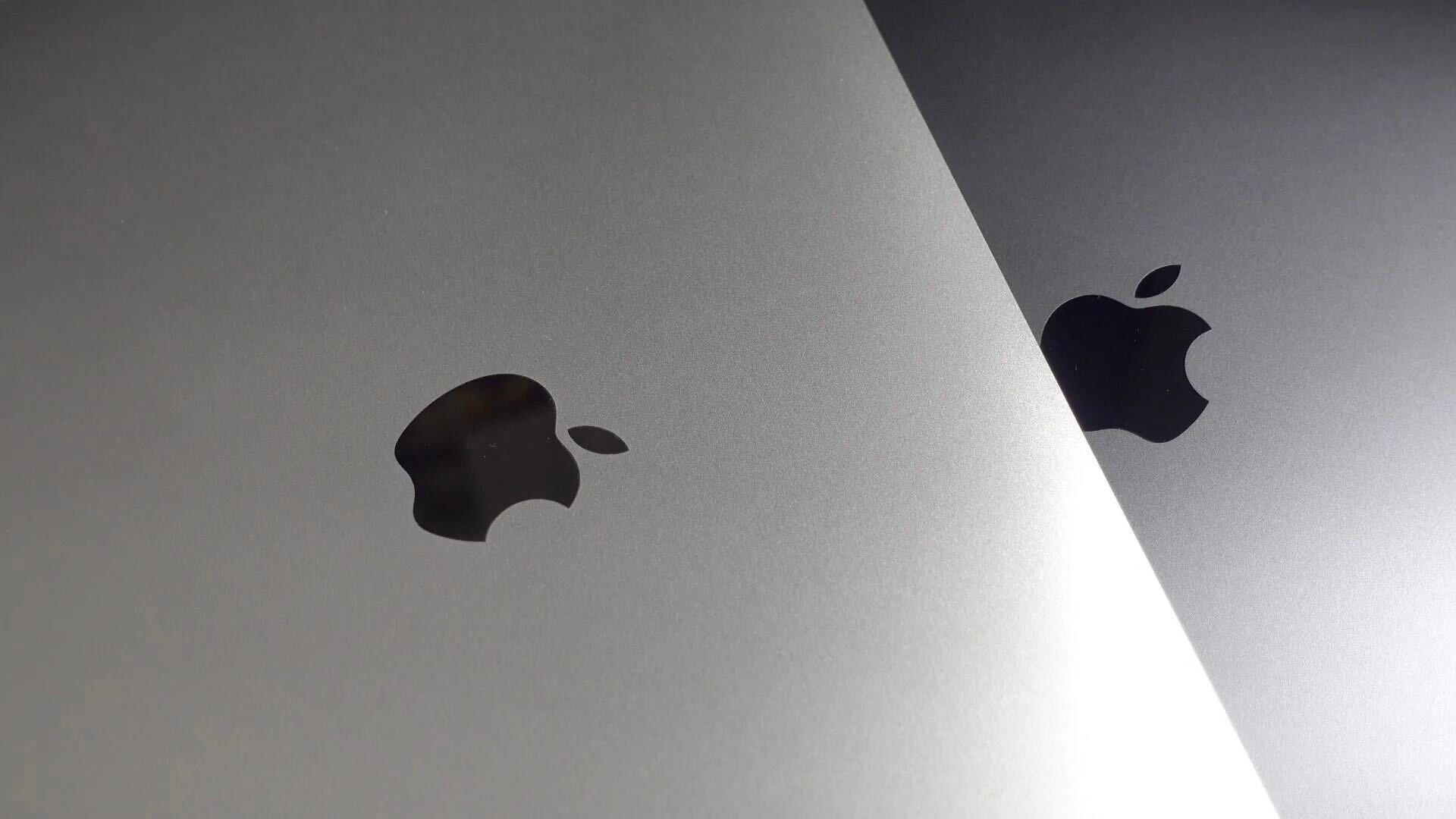
A jury today in Madison, Wisconsin has found Apple guilty of using technology owned by the University of Wisconsin without permission. According to a report from Reuters, Apple used chip technology owned by the university in its A7, A8, and A8X processors, which are found in the iPhone 5s, iPhone 6, iPhone 6 Plus, and several iPad variants.
The Wisconsin Alumni Research Foundation originally sued Apple over the issue in January of 2014, saying that Apple infringed on its 1998 patent that handed improving chip efficiency. Apple has argued that it did not infringe on the patent and also that the patent is invalid to begin with. It asked the U.S. Patent and Trademark Office to review the validity of the patent, but its request was denied.
Now, Apple could be liable for up to $862.4 million in damages thanks to the jury’s ruling. U.S. District Judge William Conley, who is presiding over the case, has scheduled the trial to proceed in three phases: liability, damages, and whether Apple willfully infringed on the patent. Should Apple be found to have willfully infringed, the damages it owes could increase.
The Wisconsin Alumni Research Foundation isn’t stopping there, however. The foundation last month launched a second lawsuit against Apple arguing that the A9 and A9X chips found in the iPhone 6s, 6s Plus, and iPad Pro infringe upon the same patent.
WARF sued Intel in 2008 on similar grounds, although the case was settled out of court the day before the trial.
FTC: We use income earning auto affiliate links. More.


1/3 Beats …
Wow, this one has been going on for a long time; very interesting. I read up on this way back; once you get into the technical details of it, it’s clear Apple does infringe, as did Intel before they settled. I really really doubt they willfully infringed though.
At least they can afford to pay it XD
Apple will buy the patent.
I live in Madison and work with the IT guys that deal with both the University and Hospital and never knew this.
That’s one way to replace the $250 million Scott Walker took away from the university.
I can see why Intel settled before they went to trial having read that while the application for the patent was still pending, one of the inventors presented the patent and other research to Intel. Intel said they were not interested in licensing the technology for use in its products, but then went on to use the idea in their Core Duo lines. In legal terms, ‘that looks bad’. Did Apple get the idea from Intel, from the University of Wisconsin or from the public domain?
Having the patent invalidated sounds like the right course – perhaps Apple can borrow some of Samsung’s legal team./s
It doesn’t matter where they got the idea from — it was an idea already patented by WARF; there is no way it will be found invalid.
The fact that Intel settled doesn’t make the patent public domain. The out of court settlement likely included the right for Intel to continue to use the patent (guessing since out of court settlements are not usually made public).
Also if Intel settled there is a good chance they thought they would lose a court battle, giving validity that the patent won’t be easily invalided.
I understand that and am not saying it was. However in comments on other sites, several chip engineers have noted that this ‘instruction technology’ was being discussed for years prior to the U of W patent – if there are any conferences or abstract publications mentioning this -even in concept, then THAT would be prior art. Intel never challenged the patent and settled because they were likely provided the information on a NDA when the inventor presented to them, which they seem to have broken. The U or W have only settled with Intel AFAIK, so interesting that they seemed to have been waiting for the Apple with its deep pockets to design its ARM chips which are said to have become “Intel’ like. Finally Apple acknowledged the WARF patents – I am not sure why a company that was ‘stealing’ would have included these patent references – to attract attention? I think there is enough smoke here to wonder about fire. If Apple has evidence that there was prior art, the USPTO needs to review.
A substantial portion of the first phase of the trial was Apple trying to show that the patent was invalid, mostly by discussing prior art (Hessen, Steely, and Chen were the three they talked about). It didn’t work. I wonder if Intel sued to avoid having to talk about their processors in open court; Apple had to talk about their pipeline stages and even show some verilog, and I believe this information (minus the source code itself) could now be accessed by requesting the court transcripts?
A Madison jury would be biased. Of course they are going to support their local university.
And the problem is? If a patent was infringed upon, then surely they should pay and not try to duck&dive out of it? Seems like an open-shut case to me. Either they did or didn’t. Its that simple really. Everyone should be compensated for theft, no matter who did it.
I don’t think the patent office should be able to deny a review when nearly a billion dollars is at stake. At least review it and give a reasoned opinion why it should be valid or invalid.
Apple should take a page out Samsung’s book and appeal it to death. Reduce the damages to an even $100 mil and write that check!
I thought damages are calculated based on “lost sales” and thats the reason Samsung is paying very less (though the estimation in that case is wrong).
In this case how they came to this figure?